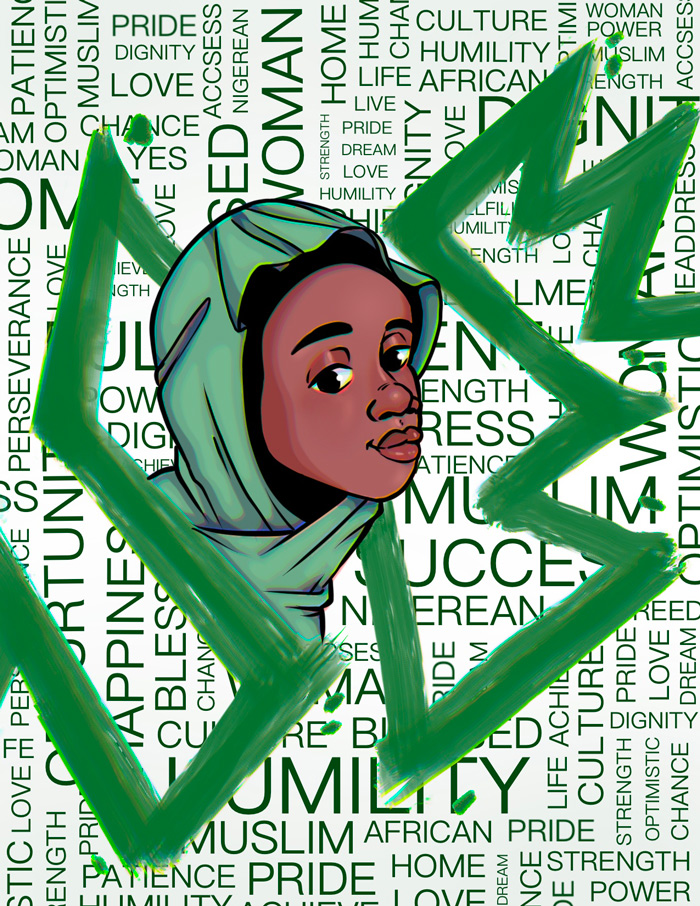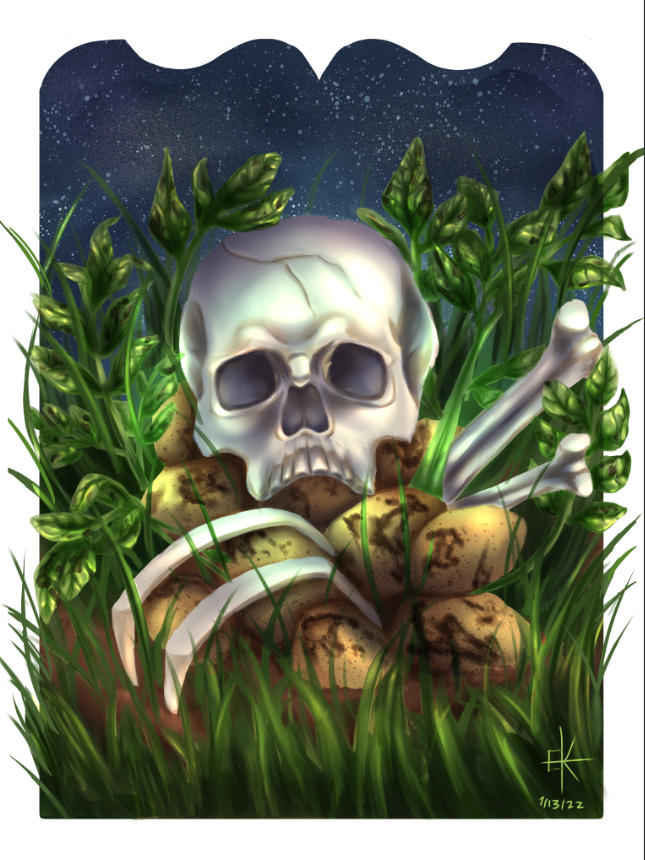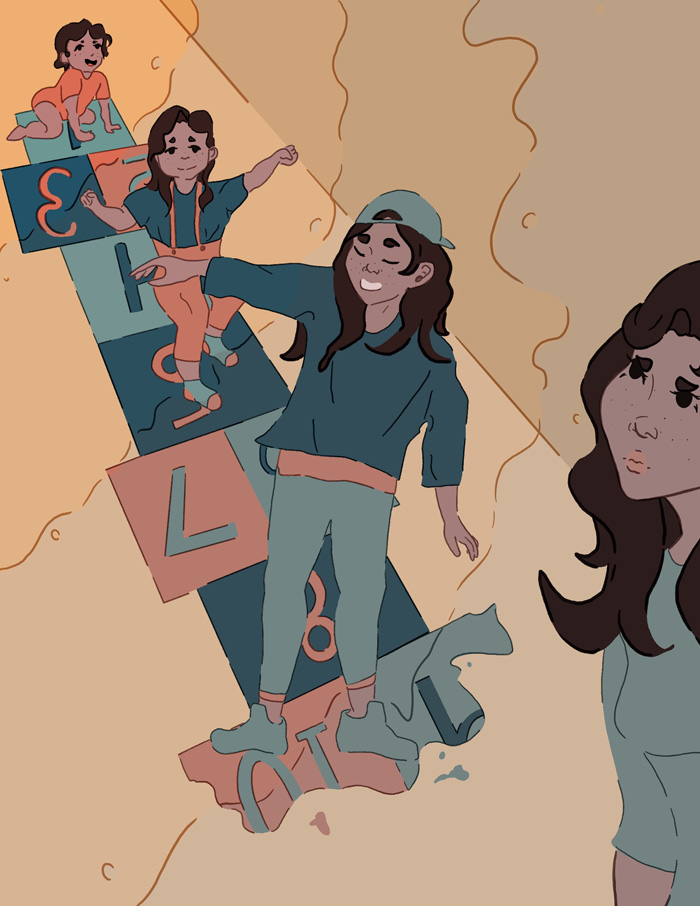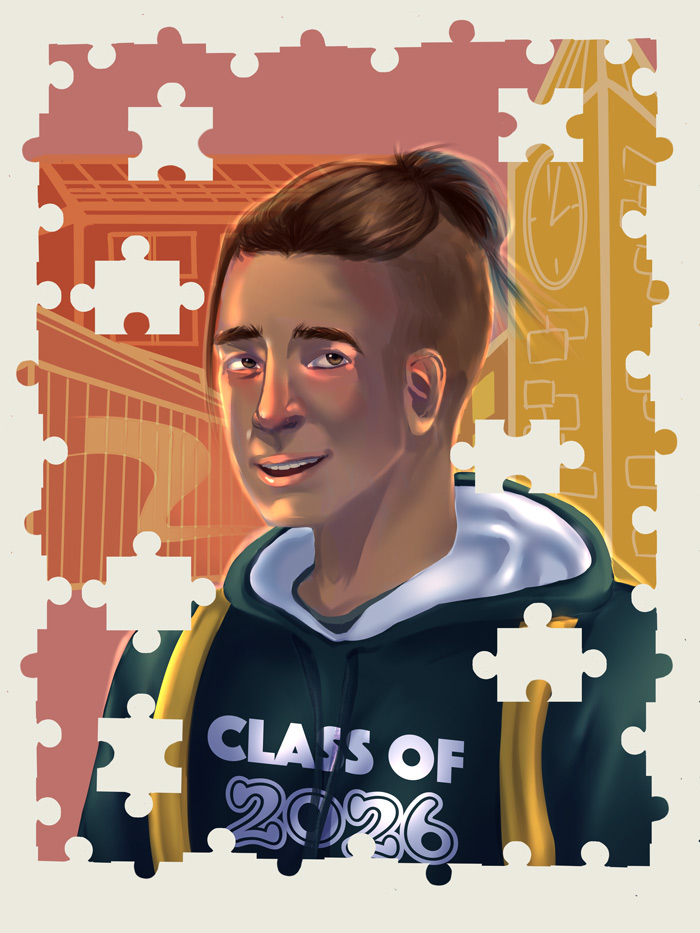Dignity
by Rasheedah Na’Allah I am a Nigerian Muslim WomanRaised from Jollof rice and my mother’s unwavering loveThe cracked red mud of my rich Yoruba tongueThe sweltering hot sunThe boom-boom of the drumsin my pumping African veinsAnd lifelong happiness,Happiness that rises as my shoulders move to the rhythmHappiness knowing that I can unapologetically express myselfBy wearing …





